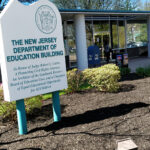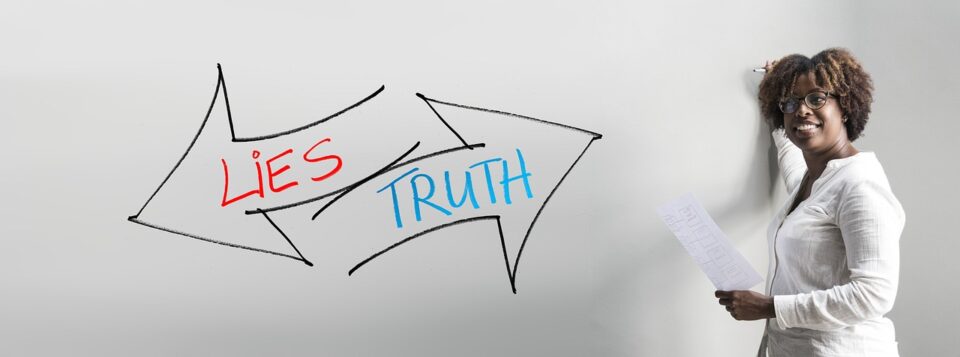
SCOOP: Murphy’s Education Department Fesses Up to Blowing ‘Top Priority’ Deadline
October 23, 2023
College Achieve Public Schools Named Finalist For $1 Million Yass Prize
October 24, 2023Have Schools Become Too Woke? Because the Kids Are Not Okay.
JT Barbarese is a poet who teaches at Rutgers University. This was first published at nj.com.
One day, about 10 years ago — halfway into the country’s 20-year incursion into Afghanistan (which took twice as long as the siege of Troy) — I had just finished taking a roll call in class when a student who had been absent for three weeks showed up in the doorway.
I was relieved to see her. One of the strongest students in the section, she had won a full ride to college and came to me as a winner of an NJ STARS award. She was bright, feisty, and articulate, and for the last three weeks, I had no idea where she had been.
I waved her in and noticed that she was outfitted in full Army camo, and her hair was cropped to her scalp. What happened, I asked. “I enlisted,” she said. “I figured that Afghanistan couldn’t be any harder than college.” She said goodbye; I never saw her again.
Educators’ complaints are nearly always overlooked as too narrow, too particular or overfocused. Classroom teachers especially are like the members of the highway pothole crew: less qualified to judge the character of our infrastructure than an expert from 10,000 feet. Yet teachers see a lot more than administrators and politicians.
A friend who teaches high school English in Cherry Hill tells me she’s no longer permitted to correct maintenance-level grammatical errors in student essays, or even on tests. It’s now frowned on by the district as too retro and “punitive,” as in who teaches grammar?
Another retired after teaching music for over four decades at another high school and described an assignment that she was pressured into giving. Students were asked to pretend that they were starting a business in, say, a major suburban mall. What kind of music would you have blaring out of the front of the store to attract customers?
I have no friends who teach secondary school math, but my suspicion is that math teachers are probably assigning short essays with questions like, “How do you feel about the Pythagorean theorem? Discuss.”
This is not a red vs. blue, partisan issue. While I am tempted to rant against the censorship of texts going on now in the old confederacy, or against home-schooling, the enemy of all healthy socialization and real education, a large portion of the blame rests with well-intentioned attempts to eliminate discrimination and disparity along racial, ethnic and economic lines.
On the other hand, the first casualty in the war against discrimination, as always, is the ability to discriminate. And nobody is going to hire you if you can neither spell nor compose a grammatical argument.
Has the Bush era’s “No Child Left Behind” worked? Was the Obama administration’s decision to emphasize STEM disciplines and to send into headlong reverse the traditional liberal arts education a wise one? With both initiatives, high-schoolers began reading less fiction and more non-fiction, with the unintended result that high school curricula shifted their concentrations from recognized “classics” to level-appropriate biographies and memoirs.
I get it: we no longer agree about what constitutes a classic. But it’s not crazy to ask if this is a reason to begin elevating biographies of social justice warriors at the expense of fabulists whose take on history is often as valuable.
Morrison’s Beloved is great history.Fitzgerald’s The Great Gatsby is both eminently readable and in its subtler way great history. Even the best works of “pure” history — from Tacitus to Samuel Morrison — were written by human beings, just as open to subjective influence as anything else.
I know, I know: our students need jobs when they graduate. The ruling assumption is that when they leave high school they leave school forever. But shifting emphases from reading and writing doesn’t assist aspirants to, say, a life in finance. Bankers still have to do more than read Excel spreadsheets. Budding scientists must converse sensibly and know how to read preprints with their peers.
It begins to look like a grandiose marketing ploy, beloved by educational overlords and boards of governors, to convince the public the kids are all right and are being prepared for the future.
But they’re not. Statistically, there are recent signs that it’s not just happening in my adopted state of New Jersey, and the failure is not entirely the fault of the pandemic. Yet it’s difficult to trust statistical analyses since they were what led to this “crisis” in the first place.
Instead, ask the teachers. Ask the pothole crew.




